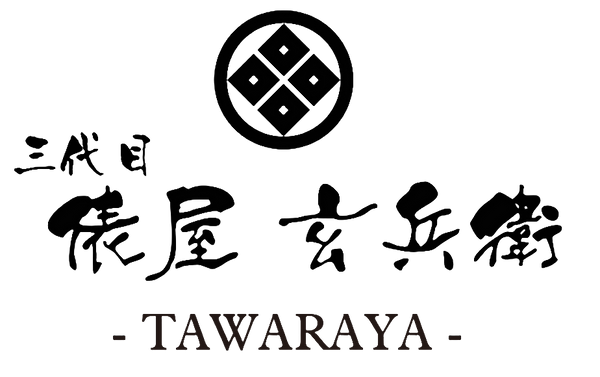(This article takes about 2 minutes to read)
In recent years, a wide variety of foods have appeared on the market, not only in Japan but also here in Vietnam, making it possible to enjoy a more convenient, delicious, and richer diet than ever before. Food is something we come into contact with every day, and a rich diet creates a rich lifestyle.
On the other hand, the more convenient things become, the more we tend to overlook the additives contained in food. Although additives may have a negative image, I would like to start by saying that additives are essential in modern times, and a diet without additives is impossible.
When all foods become additive-free
Can only be stored for a short period of time
・Food becomes bland (many foods are inedible)
・High prices
・Mass production is not possible, and there is not enough food available on the market
Modern people will no longer be able to maintain their daily dietary habits.
It is thanks to additives that a "easy, inexpensive, long-lasting, and delicious diet" is possible.
Despite being a rice store, Tawaraya also sells "foods and seasonings other than rice." And all of these products are basically "additive-free." There are two main reasons why Tawaraya sells additive-free foods:
① Contribution to Japan
② Contribution to Vietnam
1) Regarding contributions to Japan, in the age of mass production, the main method of efficiently producing products is to make good use of additives. On the other hand, additive-free products are time-consuming to make, costly, and cannot be mass-produced in a short period of time. As a result, the number of producers of additive-free foods is decreasing year by year. For example, Yamaroku Soy Sauce, which is also sold at Tawaraya, is a soy sauce made by fermenting and aging in wooden barrels for several years. Wooden barrel-brewed soy sauce is time-consuming to produce and has steadily declined due to its lack of cost-effectiveness; in the case of the soy sauce industry, at one point it fell to less than 1% of the total.
However, it is also true that there are flavors and umami that can only be produced by using no additives (plus meticulous manufacturing methods). For example, Yamaroku Soy Sauce is made in wooden barrels, which allows it to produce a unique flavor and taste that comes from original microorganisms that have been cultivated over more than a hundred years and are adapted to the climate and environment.


By selling "good additive-free products" from Japan overseas, Tawaraya hopes to contribute in some small way to Japanese producers and ensure that their techniques and traditions do not die out.
② As a contribution to Vietnam, there are many Japanese food products in Vietnam, many of which are relatively well-known national brands. There are already companies with sales channels for such products in Vietnam, so Tawaraya believes that its mission is to provide "products that are not yet widely available in the Vietnamese market, but which are sure to be valuable in enriching the dietary habits of Vietnamese people." And because there are so many different types of food, we purchase products limited to "additive-free" as a common value standard. We believe that providing foods that have never been available in Vietnam before (and that enrich the dietary habits of Vietnamese people) is a contribution to Vietnam.

We will continue to expand our product lineup to help enrich your diet. Stay tuned!
Click here to purchase Tawaraya's additive-free foods and seasonings!


